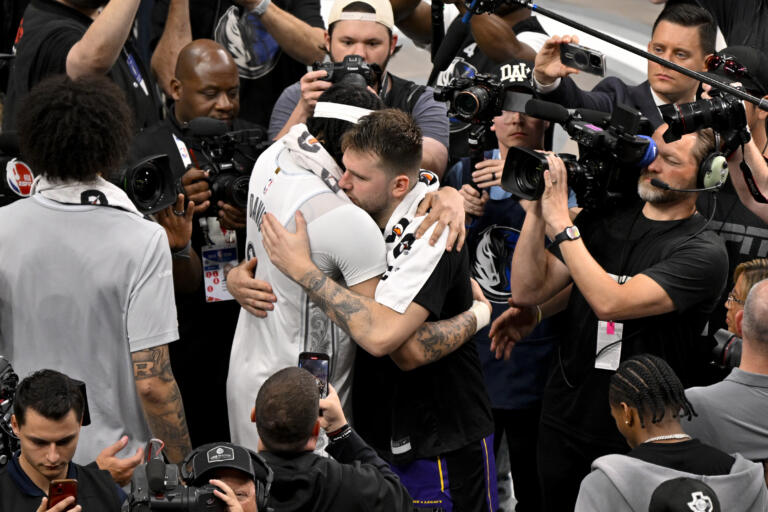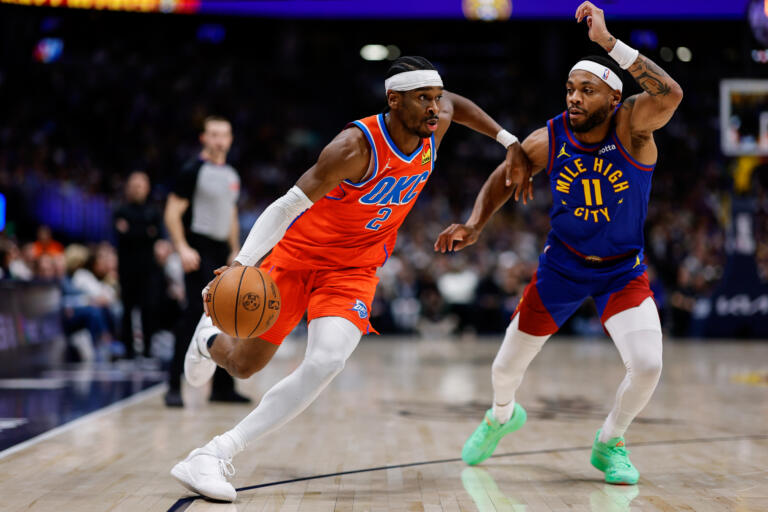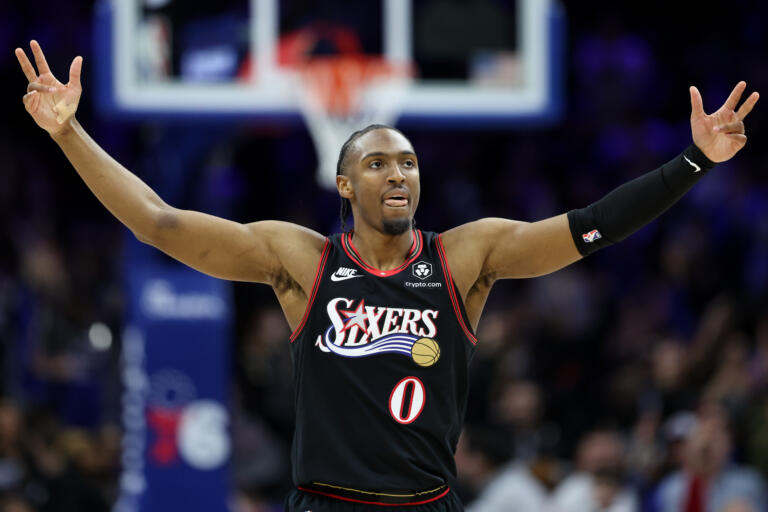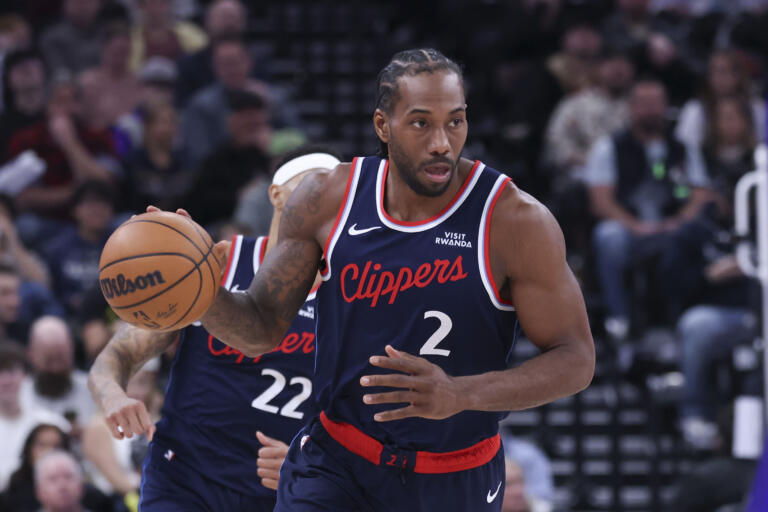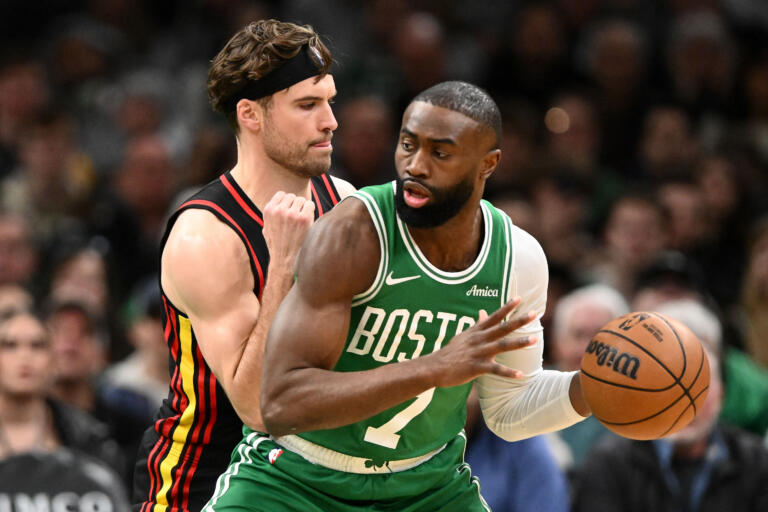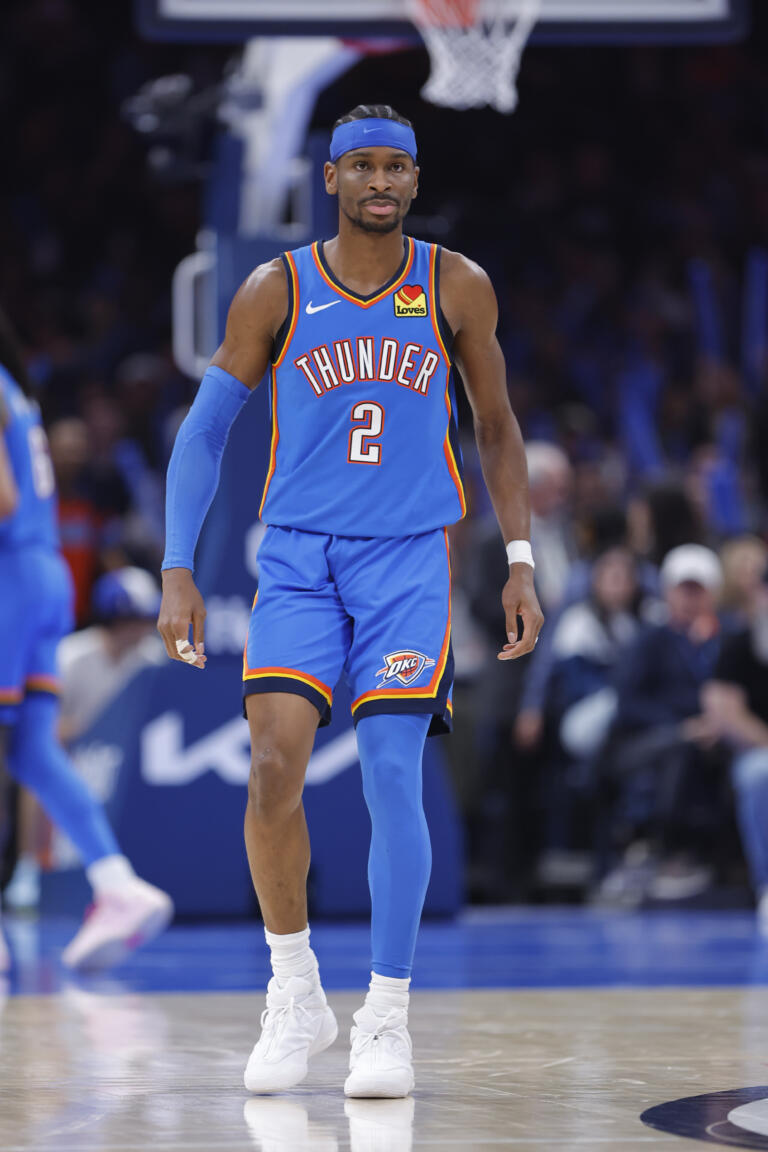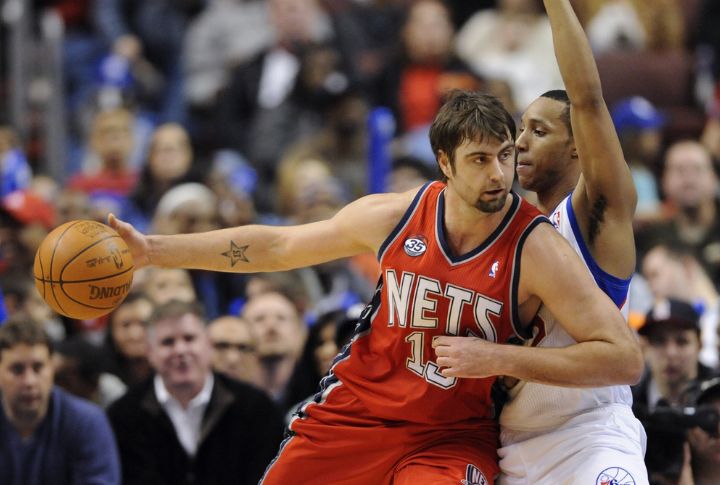
Throughout NBA history, All-Star games are for the league’s best hands. But not every selection has been a slam dunk. According to popular opinion, some picks have left fans scratching their heads. While All-Star weekend usually shines a light on the best, there have been a few puzzling inclusions. Here are 15 All-Star selections that could’ve been better.
Mehmet Okur (2007)

Besides his steady play, Okur’s shooting as a big man for the Utah Jazz was outstanding; however, his 17.6 points and 7.2 rebounds per game were considered modest compared to other Western Conference players. Many argued that his “questionable” selection over better all-around bigs was based more on team success than individual star power.
Wally Szczerbiak (2002)

Though he had a good shooting touch, Szczerbiak’s 18.7 PPG in 2002 wasn’t jaw-dropping. His defensive shortcomings and one-dimensional play even made him seem less deserving. However, since Szczerbiak led his Minnesota Timberwolves team to success, it was easy for the NBA to put him on the team and “snub” players with more complete skill sets.
Chris Kaman (2010)

Kaman had a decent season with the Clippers (18.5 PPG, 9.3 RPG), but many felt his selection was odd. The Clippers ‘ poor performance stank to heaven, unlike others on this list with great teams. Critics argued that other deserving big men were overlooked, and his inclusion felt more like filling a positional gap in the West.
Jamaal Magloire (2004)

This superstar was a solid center, but critics believed he needed to be at the All-Star level. Magloire averaged 13.6 points and 10.3 rebounds in 2004, but his selection looked more toward strengthening the weak Eastern Conference center pool rather than exceptional play. His pedestrian stats didn’t justify his place among the league’s elite.
Allen Iverson (2010)
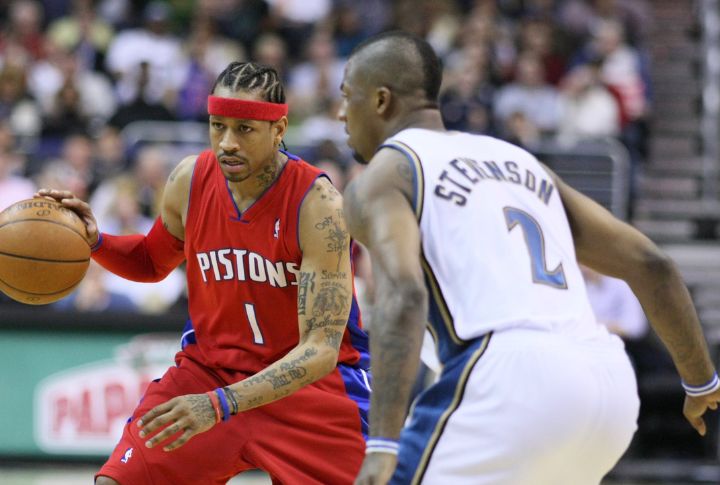
In 2010, Iverson was voted in as an All-Star starter, despite playing just 25 games and averaging 13.8 PPG, far below his usual output. Iverson had been a legendary player, but by 2010, his skills had noticeably declined. His selection was based on fan popularity and nostalgia rather than his performance that season.
Theo Ratliff (2001)

Even as a top-tier defender and shot-blocker, Theo Ratliff’s 2001 All-Star selection was shocking. Though he led the league in blocks that year, his offensive numbers were mid, averaging 12.4 PPG and 8.3 RBG. Critics advocated players with more well-rounded games and were loud about how stats alone didn’t justify All-Star status.
Brad Miller (2003, 2004)

As expected, Miller’s back-to-back selections faced backlash from NBA supporters because his stats (13.1 PPG, 8.3 RPG) didn’t scream “All-Star. Though a decent passer and defender, his inclusion felt more about filling a positional need than merit. Several flashier, more dynamic players were snubbed in favor of the Pacers and Kings center.
Roy Hibbert (2014)

Hibbert was an elite rim protector, but his 2014 All-Star selection (11.9 PPG, 7.6 RPG) left fans scratching their heads. They believed it was more about the Pacers’ great start to the season than his brilliance—which didn’t stand out in the NBA. Hibbert’s mediocre offensive impact was noticeable compared to his counterparts in other clubs.
Kyle Korver (2015)

This small forward is one of the best in the game; Korver was an elite three-point shooter and the seventh all-time in 3-pointers (field goal). He even set an NBA single-season.3-pointer accuracy record. However, his addition to the 2015 All-Stars while with the Hawks was debated. Many argued that he focused more on perimeter shooting that season.
Horace Grant (1994)

While Grant was a strong defender and team player, his solid 15.1 points and 11 rebounds weren’t All-Star numbers. Grant’s selection felt more like recognition for being part of the Bulls’ dynasty than for standout individual performance. Many analysts questioned why other forwards with better numbers were left off the team.



